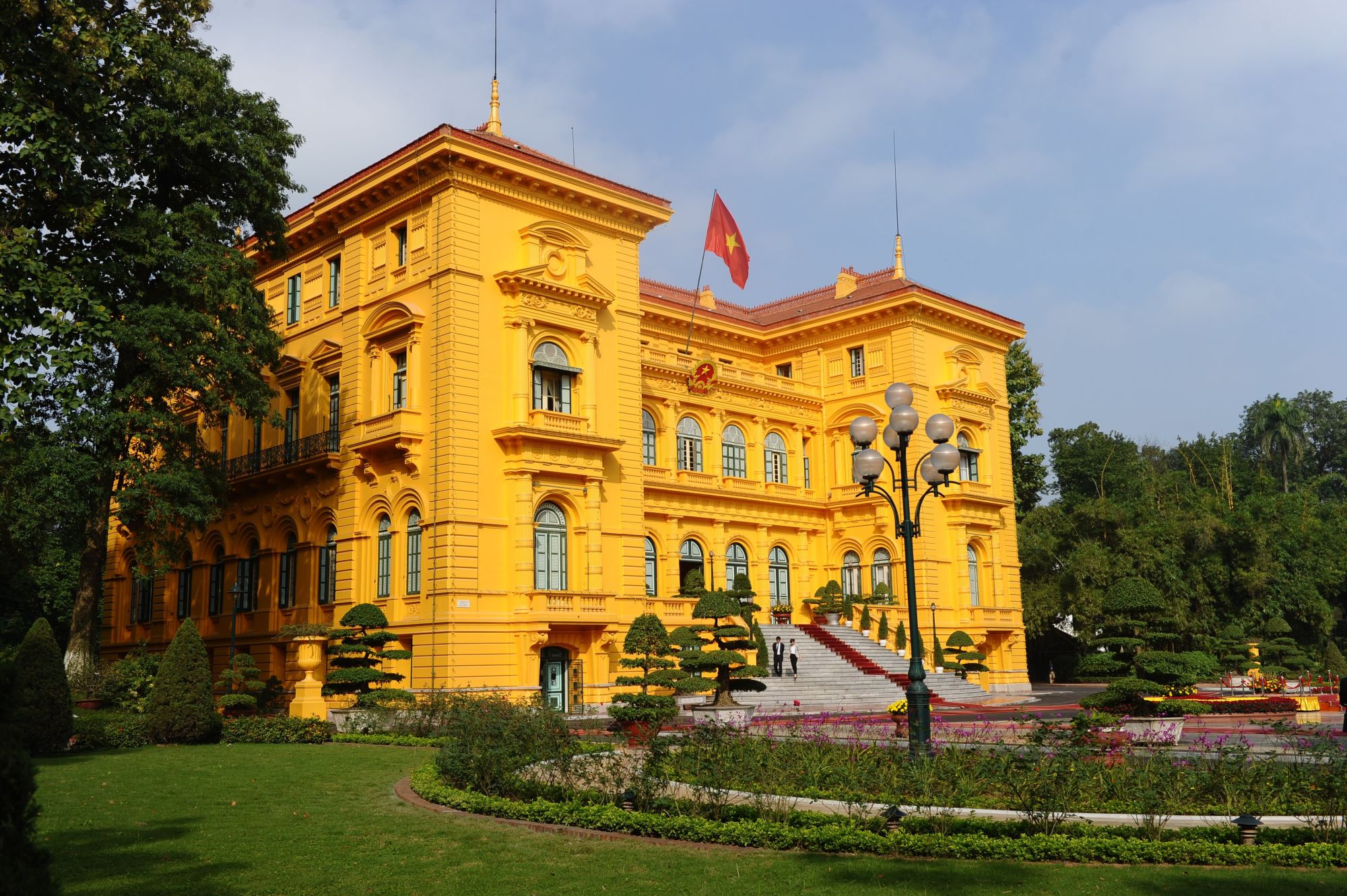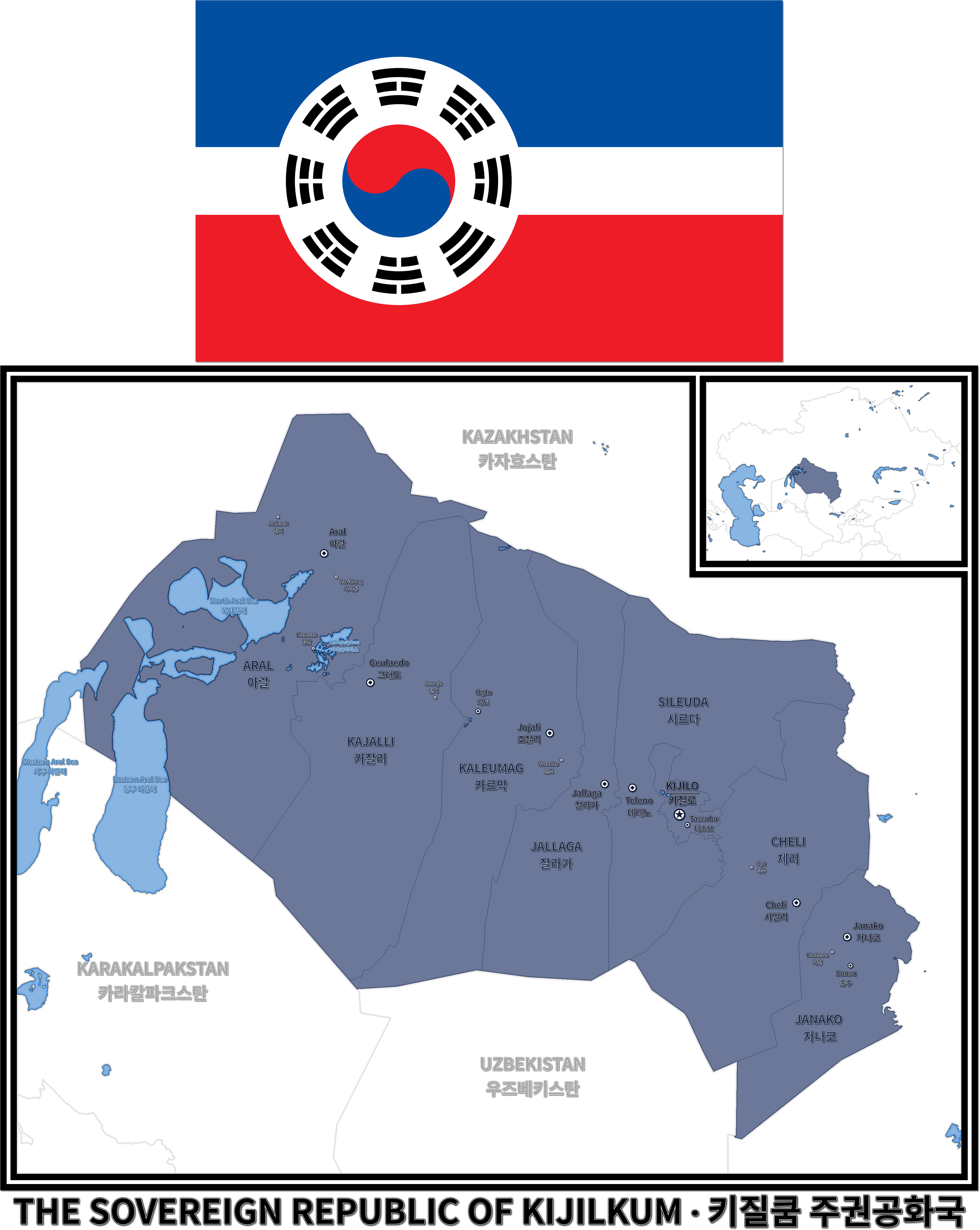In a shocking escalation of his trade war, former President Donald Trump has announced a 20% tariff on all imports from Vietnam and a staggering 40% tariff on Chinese goods that are transshipped through Vietnam. This latest move is a blatant continuation of his "America First" policy, designed to disrupt established trade relationships in Southeast Asia while attempting to exert indirect pressure on China.
Vietnam Caught in the Crossfire
Vietnam, despite its significant economic ties with the United States, finds itself ensnared in the chaotic fallout of Trump"s political maneuvering. According to The New York Times, Trump"s tariffs are not merely punitive; they are a strategic play aimed at reorienting global supply chains and reshaping U.S. economic relationships. Vietnam"s response has been surprisingly measured, as the government announced reduced tariffs on American imports and incentives for U.S. companies looking to enter the Vietnamese market. This reaction raises important questions about the power dynamics in international trade and what it means for smaller economies facing aggressive policies from larger nations.
Global Trade Dynamics at Risk
As reported by The New York Times, the implications of these tariffs could trigger a domino effect, leading to a potential trade war that may destabilize economies reliant on exports. Countries like Vietnam, which have become vital suppliers of affordable goods to the U.S. market, may struggle to absorb the shock of such drastic tariff increases. The ripple effects of these tariffs could lead to higher consumer prices in the U.S., particularly in sectors that depend on low-cost imports from Asia.

Can these buildings in Vietnam survive? | CNN
Political Calculations and Economic Consequences
Trump"s decision is a clear attempt to reassert his political relevance by reigniting a combative stance on trade just ahead of a pivotal moment in his campaign. By leveraging tariffs as a political tool, he aims to rally support from domestic industries that may benefit from protectionist policies. However, economists warn of the long-term ramifications of this approach. According to NPR, while some sectors may gain from reduced foreign competition, many consumers will eventually bear the brunt of increased prices due to diminished supply and higher import costs.
Workers" Rights and Economic Inequality
These tariffs come at a time when workers" rights and economic inequality are at the forefront of national discourse. The impact of Trump"s tariffs may disproportionately affect low-income consumers who rely on affordable imported goods. As the prices of everyday items rise, the economic burden shifts onto those who can least afford it. The ramifications extend beyond mere economics; they threaten to exacerbate existing inequalities and undermine the progress made toward achieving economic justice for marginalized communities.

Koreans in the Kyzylkum by Mobiyuz, visual art
International Reactions and Future Implications
The international community is closely monitoring the developments, with mixed reactions to Trump"s aggressive trade tactics. Some analysts express concern that this approach could lead to further isolation of the U.S. in global markets. Trump"s reliance on tariffs, sanctions, and threats as a means of negotiation raises serious questions about the sustainability of his economic policies. The upcoming announcement of additional tariffs on other Asian countries on July 9 may signal an escalation that could further disrupt the global economy.







![[Video] Gunfire between Iraqi security forces and Sadr militias in Baghdad](/_next/image?url=%2Fapi%2Fimage%2Fthumbnails%2Fthumbnail-1768343508874-4redb-thumbnail.jpg&w=3840&q=75)
